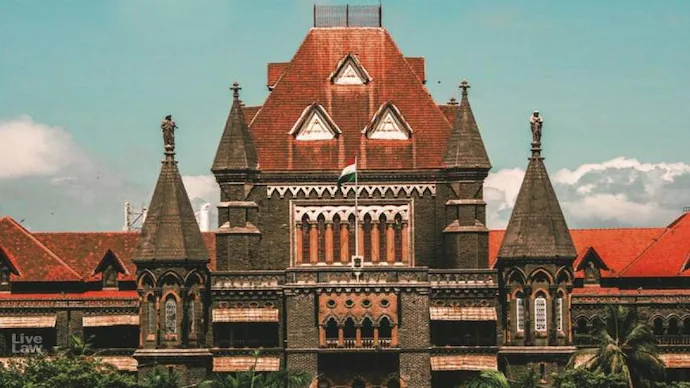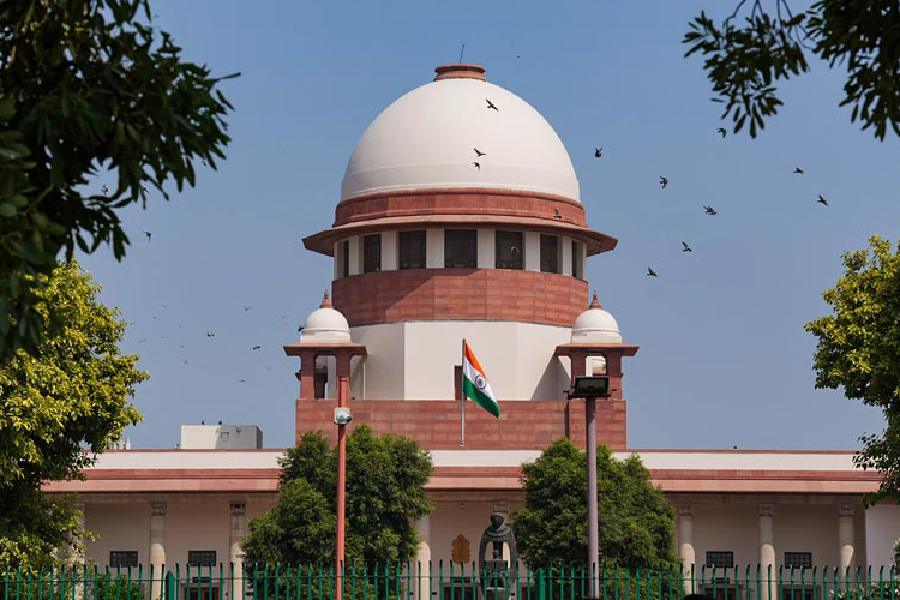
In a significant decision, the Supreme Court of India made it clear that the Bombay High Court’s ruling in the Rhea Chakraborty case—which involved the interpretation of provisions under the Narcotic Drugs and Psychotropic Substances Act (NDPS Act), shall not be considered a precedent in any other subsequent cases. The Supreme Court’s ruling was made in response to the Narcotics Control Bureau’s (NCB) appeal of the High Court’s judgement granting actor Rhea Chakraborty bail in October 2021. Following the unfortunate death of actor Sushant Singh Rajput in 2021, the case focused on the drug inquiry and included accusations against Rhea Chakraborty for her suspected role in enabling Rajput’s drug transactions.
Interpretation of Section 27A of the NDPS Act by the High Court
The Bombay High Court construed Section 27A of the NDPS Act in a way that had important ramifications when it granted Rhea Chakraborty bail. As stated under Section 27A, just giving money to acquire drugs or covering up drug use would not constitute “financing illicit trade” or “harbouring of offenders,” according to the High Court’s decision. Given that the cited clause deals with serious offences and carries a mandatory minimum term of 10 years in prison, this interpretation was essential.
NCB’s Challenge and Supreme Court’s Decision
Instead of contesting the Supreme Court’s decision to give Rhea Chakraborty bail, the Narcotics Control Bureau sought clarity on how the legislation should be interpreted. In order to allow for further deliberation, Additional Solicitor General SV Raju asked the Supreme Court to keep the legal matter open on behalf of the NCB. As a result, the petition was dismissed by the bench of Justices AS Bopanna and MM Sundresh, who ruled that the High Court’s decision should not be used as a guideline in subsequent situations.

High Court’s Reasoning for Granting Bail to Rhea Chakraborty
The High Court vehemently rejected the NCB’s assertion that Rhea Chakraborty was an active participant in a narcotics network when it issued a bail order for her. According to the court, there were good reasons to suspect that Rhea was not guilty of any crimes covered by Section 27A or crimes involving a large amount of narcotics.
The court went into further detail on how it defined “financing illicit trade.” It was clarified that just giving money for a specific transaction, even if it involved narcotics, would not automatically qualify as “financing” illegal activity. To qualify as “financing” under Section 27A, a financial assistance must be directly or indirectly related to the creation or maintenance of an unlawful enterprise or business.
Allegations of “Harbouring” Sushant Singh Rajput Rejected
The High Court also disproved the claim that Rhea Chakraborty was “harbouring” Sushant Singh Rajput. The court emphasised that the actions of Rhea Chakraborty could not be extended to meet the description of “harbouring” under the NDPS Act because there was no active criminal investigation or FIR against Rajput, and he was living on his own and handling his finances freely.

Implications of the Supreme Court’s Decision
The Supreme Court’s decision will have a big impact on how future cases involving drug-related crimes under the NDPS Act are handled. The Supreme Court has provided clarity and maintained its position as the last arbiter of legal interpretation by making it clear that the Bombay High Court’s reading of the laws shall not be taken into consideration as a precedent.
It is crucial to remember that various courts may read the law differently and reach different results. The Supreme Court’s ruling in this case highlights the significance of case-specific analysis and emphasises that each case should be assessed on the basis of its unique merits and the available evidence. When handling drug-related crimes, legal experts and law enforcement organisations will continue to rely on established legal principles and precedents from the Supreme Court and other higher courts.
Conclusion
A significant legal precedent has already established by the Supreme Court’s explanation that the Bombay High Court’s view in the Rhea Chakraborty case is not to be regarded as a precedent. This decision emphasises the value of abiding by accepted legal standards and supports the Indian court system’s hierarchical structure. This ruling will act as a guide for courts and authorities for interpreting and administering the NDPS Act in subsequent cases as the country deals with persistent drug-related problems.













